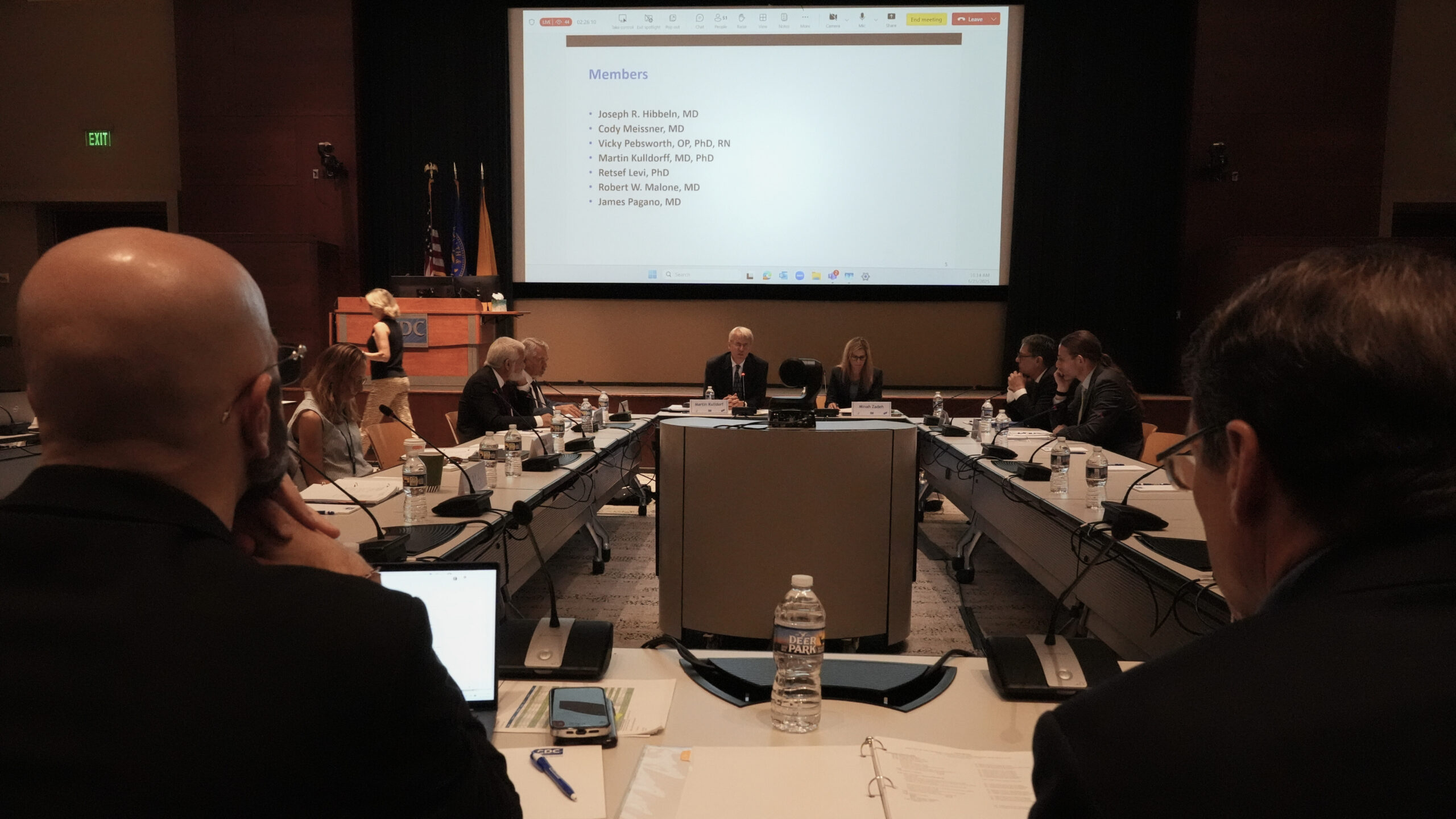Robert F. Kennedy Jr. has initiated the process of appointing new members to the National Vaccine Advisory Committee, a pivotal body that advises the U.S. government on vaccination policies. This announcement comes amid ongoing debates surrounding vaccine safety, particularly concerning messenger RNA (mRNA) vaccines used during the Covid-19 pandemic.
The list of proposed members reportedly includes at least three individuals who have expressed skepticism about the safety of mRNA vaccines. Their inclusion has raised concerns among public health experts, who advocate for a more balanced approach to vaccine communication and policy.
Concerns Over Vaccine Safety
The mRNA platform, utilized by vaccines like those developed by Pfizer and Moderna, has been a subject of intense scrutiny. Critics argue that the rapid development and deployment of these vaccines may have overlooked potential long-term side effects. The new panel members, whose identities have not been fully disclosed, could influence future vaccine recommendations and public trust in vaccination programs.
Kennedy’s choices for the panel reflect a broader trend in which vaccine safety is increasingly questioned, even as health authorities maintain that mRNA vaccines are safe and effective. According to the Centers for Disease Control and Prevention (CDC), over 600 million doses of Covid-19 vaccines have been administered in the United States, contributing to a significant decline in severe illness and death rates associated with the virus.
Impact on Public Health Policy
The National Vaccine Advisory Committee plays a crucial role in shaping vaccination policy across the country. Its members are tasked with reviewing research, assessing vaccine safety, and making recommendations to the Department of Health and Human Services. The new appointments could shift the committee’s focus and potentially alter the trajectory of public health messaging regarding vaccines.
While Kennedy’s intentions may stem from a desire to foster open dialogue about vaccine safety, the involvement of individuals critical of mRNA technology may complicate ongoing efforts to combat vaccine misinformation. Public health experts emphasize the importance of a unified message to encourage vaccine uptake and protect community health.
As the new panel members prepare to take their positions, the implications of their perspectives on vaccine safety will be closely monitored. The appointment process is set to unfold further in the coming weeks, with a clear impact anticipated on vaccination strategies as the world continues to navigate the challenges posed by Covid-19 and other infectious diseases.
In this evolving landscape, the balance between skepticism and scientific consensus remains delicate, underscoring the critical need for transparent and informed discussions around vaccination.
